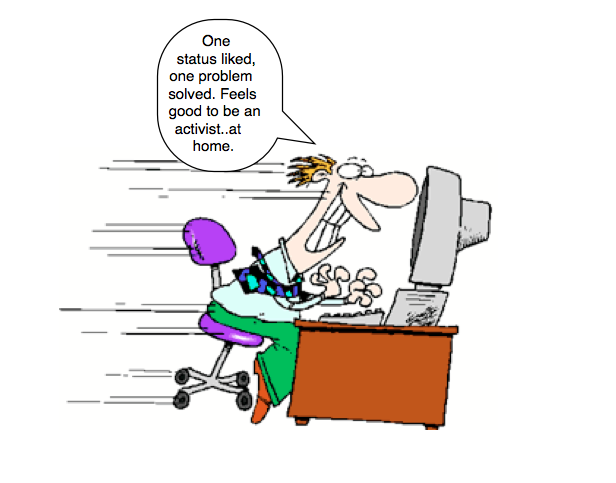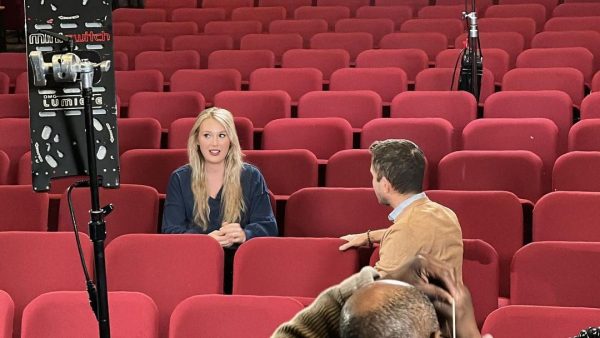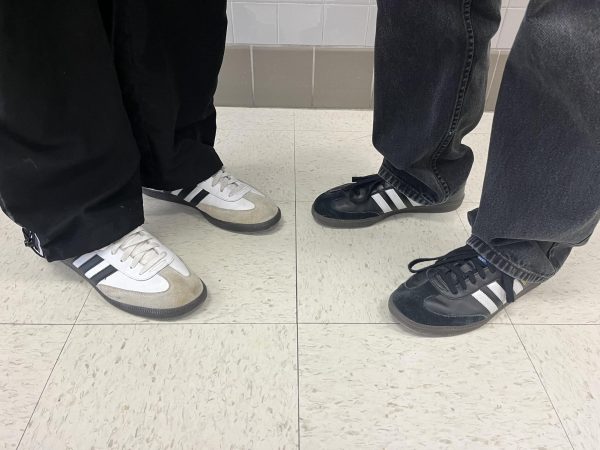The problem we all passively live with
Of the headlines I see begging for my attention on my social media sites in the past week, I think “Click like to save the whales!” is most laughable. But the pathetic part of that is the number of people in my age group who believed that clicking the link would save any animal.
Welcome to Time magazine’s Generation X: the generation that talks about action but never acts. Welcome to the company of your peers that doesn’t like the way things are but won’t lift a finger to change it.
Where are the activists of yesterday? Shouldn’t we be inspired by people during the 1960s and 1970s that adamantly stood up against the Vietnam War? They held a collective desire for peace and they did what they could to see it through, come hell or high water.
But what about the youth of today? Don’t they stand up for something? It’s impossible to say that we don’t stand up for something because we do. We complain constantly, yet only a few of this age group actually stand up for something. The vast majority “click ‘like’ to save a life” – an act that has no practical effect for the good.
A term that accurately describes this lack of real activism is ‘slacktivism’, a portmonteau of “slacker” and “activism.” Slacktivism is pseudo-activism that has no practical effects. A good example of this is pressing a like button to “save the whales!”
Let’s be realistic. Liking a Facebook page will not save the whales – it won’t even help save a single whale. In fact, liking a page won’t help any cause except maybe help someone on a quest to feel like they somehow made a difference. However, we can see that no difference was made except an increase in the number of people who like that specific page.
An inherent part of slacktivism is the “feel good” component, which means people take part in activism that has little to no meaningful impact on the world in order to feel satisfied with themselves.
It’s pseudo-activism; the lowest form of one trying to help the world they live in. In reality, there is nothing to feel good about. The click won’t help anyone, least of all the whales. Yes, one may argue that it keeps track of people on a certain social media outlet that support the certain cause, but what have they done? All they’ve done is like a page. Very rarely (if ever) does that incite people to action. There goes the “feel good” effect because there is no reason to feel good about liking a page.
If you want to make a difference, make a difference. Get out there and do something that results in a visible and positive change in your community or the world.

This is Christine Tamir's fourth year on the staff of The A-Blast. She is one of the two Editorials editorials for this school year. Besides the newspaper,...














